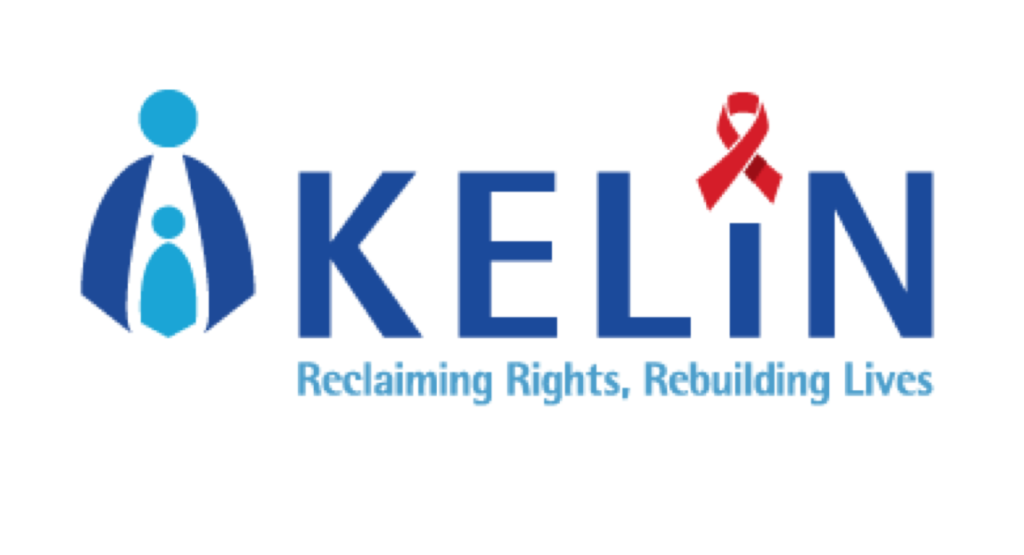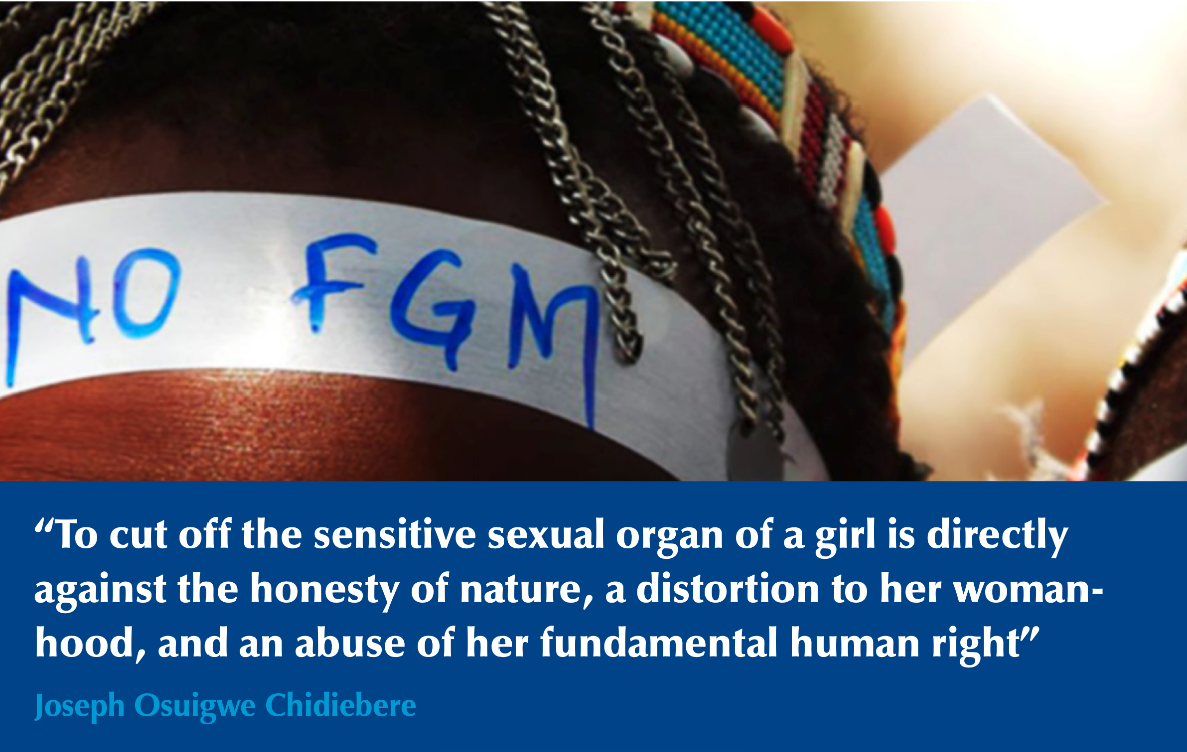Article 43(1)a of the Constitution of Kenya guarantees the right to the highest attainable standard of health, which includes the right to health care services, including reproductive health care.
The realization of this right is fundamental to the physical and mental wellbeing of all individuals and is a necessary condition for the exercise of other human rights. In the implementation of the right to health care, State officers are bound by Article 10’s constitutional principles of transparency and accountability.
The Kenya Legal and Ethical Issues Network on HIV and AIDS (KELIN) is a human rights non-government organization that advocates for the full enjoyment of the right to health by all, including vulnerable, marginalized, and excluded populations.
‘The project adopts a capacity building approach for communities and the media to demand increased transparency and accountability in service delivery and health-budgetary spending’
Starting this October KELIN, with support from the Commonwealth Foundation, will commence implementation of a project titled: Protection of right to health of the vulnerable through transparency and accountability. This project, which will be implemented in the regions of Mombasa, Nairobi, Kakamega and Kisumu, seeks to ensure that resources allocated to the health sector are utilized in an accountable and transparent manner. KELIN will work with community based organisations (CBOs), civil society organisations (CSOs), the media and communities of persons living with and affected by HIV and TB to monitor implementation of the right to health.
The project adopts a capacity building approach for communities and the media to demand increased transparency and accountability in service delivery and health-budgetary spending:
“The Constitution of Kenya provides for public participation in governance, health-governance included. Public participation is a powerful accountability tool that citizens can use to monitor formulation and implementation of laws, policies and guidelines by governments. This project will provide communities and the media with information, knowledge, and platforms to demand for accountability and transparency in the health sector.” – Allan Maleche, KELIN Executive Director.
An estimated 26% of the total health expenditure in Kenya is derived from development assistance. Relatedly, 72% of the total expenditure for HIV is from development partners or aid. Lack of transparency and accountability can have dire consequences, and impact negatively on realization of health rights. For instance, the United States Agency for International Development (USAID) recently suspended direct assistance to the Ministry of Health. Among the reasons cited for the suspension included lack of accountability.
‘An estimated 26% of the total health expenditure in Kenya is derived from development assistance’
This new project builds on a previous one named “Enhanced Protection of PLHIV Rights through Participatory Governance” which was implemented from 2013 to 2016, with support from the Commonwealth Foundation. The project enhanced and strengthened the knowledge and capacity of CSOs, PLHIV, and CBOs on participatory approaches in governance; and promoted active participation in the legislation process.
In preparation for the project, as KELIN’s Program Officer I joined the Commonwealth Foundation and other grantees, from 3-6 October 2017 at a workshop on monitoring, assessment and learning. The Workshop, held in London, brought together 14 organizations receiving support from the Commonwealth Foundation to implement projects in Commonwealth countries including Papua New Guinea, Tonga, Sri Lanka, India, Pakistan, Nigeria, Mauritius, and Kenya. The workshop equipped us with knowledge on developing, monitoring and assessment plans that would ensure projects achieve their intended purposes.
KELIN will use the current project to give communities the knowledge and voice to demand for transparent and accountable implementation of the right to health.
This article was first published on Commonwealthfoundation.org.


